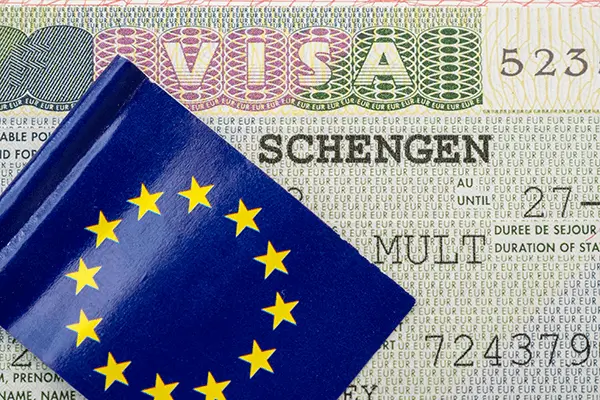14/11/2023
14/11/2023
SWEDEN, Nov 14, (Agencies) European foreign ministers approved a significant amendment on Monday, paving the way for a more streamlined visa application process for those intending to visit European Schengen Area countries. The amendment introduces an electronic platform for visa requests, eliminating the need for physical stickers on passports and the cumbersome task of scheduling consulate appointments.

This digital transformation, the result of an extensive legislative process, will be implemented once technical work on the visa platform is completed, expected to take several months. The official announcement in the Administrative Journal of the European Union is anticipated in the near future.
The Schengen area, encompassing 23 out of the 27 EU countries along with Switzerland, Norway, Iceland, and Liechtenstein, will benefit from this modernized approach. Fernando Grand Marleska, Spain's Interior Minister during its EU presidency, emphasized that the electronic visa system "will facilitate the application process for travelers."
Under the upcoming system, travelers on short trips can submit documents, data, and electronic copies of travel-related documents containing biometric information and pay fees through the electronic platform. Upon approval, applicants receive an encrypted code that can be printed or stored digitally.
While the new process offers increased efficiency, certain circumstances may still require applicants with new passports or modified biometric data to attend appointments in person. Notably, the electronic visa system mirrors those adopted by countries like Australia, where the visa is directly attached to the passport without the need for a physical sticker.
For citizens of 60 countries, including Australia, Britain, Canada, New Zealand, and the United States, a Schengen visa is not currently required for short stays. However, the implementation of the European Travel Information and Authorization System (ETAS), similar to the US ESTA system, is expected to change this. The ETIAS system is set to commence operations in mid-2025, necessitating online applications for entry visas after pre-screening procedures.
Additionally, a delayed but impending European Union automated entry and exit system will record biometric information and travel dates for all visitors, whether with a visa or exemption. Expected to launch by the end of 2024, this system aims to monitor overstays and instances of entry refusal, enhancing border control measures for all travelers to the European Union.


